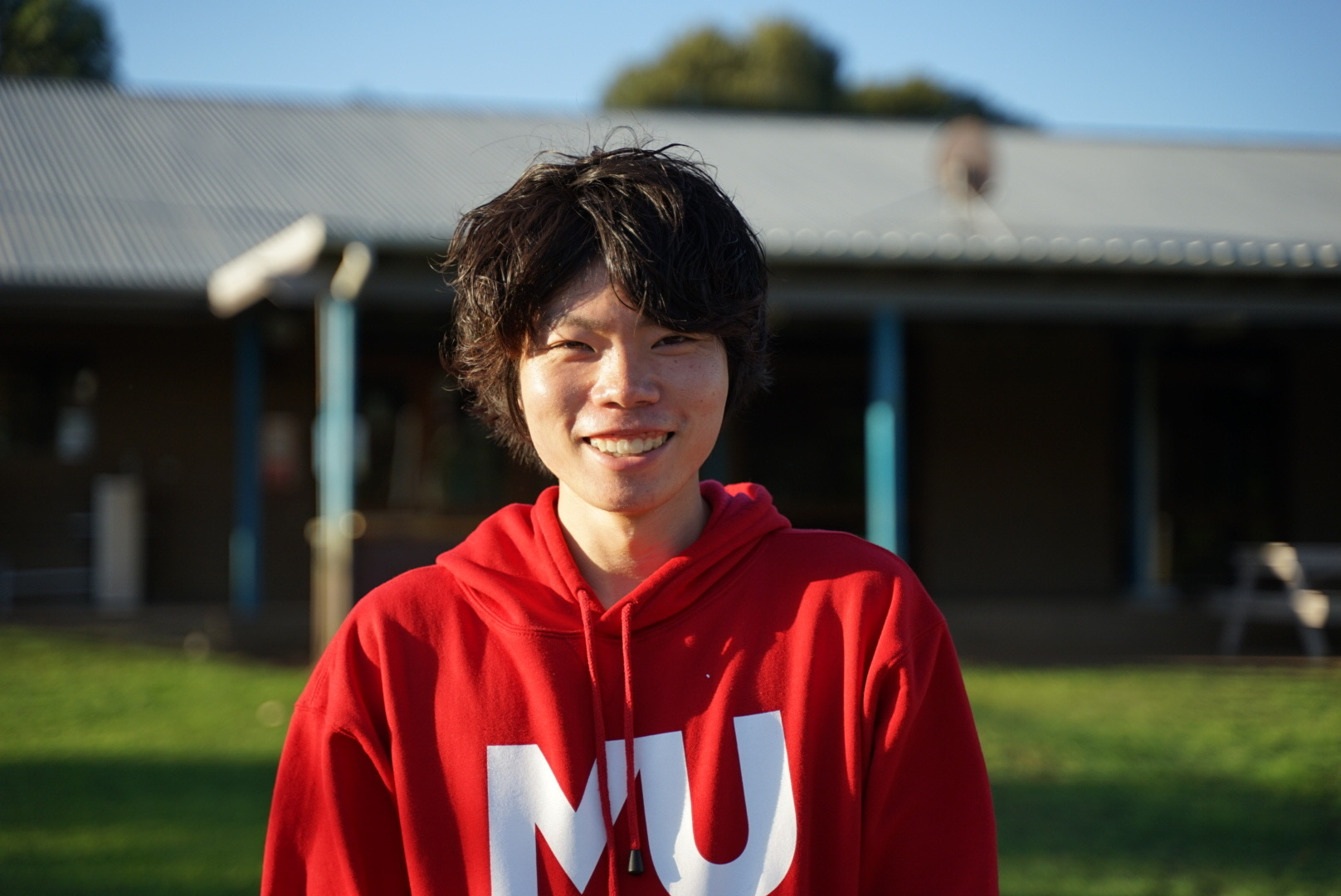Out of all the different ways people speak in Japan, the Kansai dialect, also called Kansai-ben, stands out as the most famous and probably the one you’ll come across most frequently. It’s frequently used in comedy TV programs, giving it a distinctively engaging, relaxed, and familiar tone.
It’s frequently used in comedy TV programs, giving it a distinctively engaging, relaxed, and familiar tone.Kansai-Ben has a lot of variations in words, accents, and the end of the sentence among the Kansai area.My name is Kenta, and I’m from the Kansai area so I can tell you how to speak Kansai-Dialect naturally.
In this article, I’ll show you frequently used Kansai words and phrases which you will hear out of the street when visiting the Kansai area, especially Osaka!
What exactly is Kansai dialect?
Compared to 16 different dialects in Japan, Kansai-Dialect has always been one of the most known dialects due to its unique intonation, sense of humor, and distinct sentence endings that somehow make you feel a sense of familiarity and warmth. Since many Japanese TV comedians grew up in Osaka and speak in Kansai-Dialect, people from various regions of Japan are quite familiar with its sounds and characteristics. They even regarded Kansai-Dialect as a touch of humor.
Technically, the intonation and tone of Kansai-Dialect actually vary from one prefecture to another. However, the biggest impact that Kansai-Dialect has been affected by is mainly from the Osaka area for the aforementioned reasons.
あかん(akan)level★
This word is used in the same way as “bad or “don’t” in Kansai-ben.
Usage example:
そんなんしたらあかんで(you can’t do that)
Sonnann sitara akande
ほな(hona)level★
“Hona” means “Then” in English.
- English→Then
- Standard Japanese→じゃあ, Zyaa
- Kansai Ben→Hona, ほな
If you want to learn how to use this word, just click on this page below!
Eede(ええで)
“Eede” means “sure” in English.
- English→Sure
- Standard Japanese→iiyo, いいよ
- Kansai Ben→Eede, ええで
If you want to learn how to use this word, just click on this page below!
ほんま(honma)level★
This word can be translated as “seriously”, “literally” or “serious” and “for real”.
It is used as an adjective or adverb. It comes from ほんとう(hontou).
Usage example:
それほんまのはなしなん?( Is it a real story?, seriously?)
Sore honmano hanasinan?
ちゃうちゃう(chau chau)level★
It’s similar to saying “No, no” or “That’s not it” in English. It’s used to correct someone’s saying.
Usage example:
ちゃうちゃう、これがわたしのペン(No no no, that one is my pen)
Chau Chau, kore ga watashi no pen.
If you want to learn how to use this word, just click on this page below!
せやな(seyana)level★
It’s an affirmative expression similar to “That’s right”, “Exactly”, “Okay” in English. It’s often used in casual conversations to agree with someone or to confirm a statement.
Usage example:
せやな、またやっとくわ(Exactly, I’ll do that later)
Seyana, mata yattoku wa.
なんでやねん(nandeyanen)level★
That word’s pretty familiar, you’ve likely heard it tossed around in comedy. It’s like a casual “Huh?” or “What’s up with that?” with a bit of a lighter vibe.
Usage example:
なんでやねん!おかしいやろ!(what the hell is it? It’s crazy!)
Nandeyanen! Okashiiyaro!
If you want to learn how to use this word, just click on this page below!
If you want to learn how to use this word, just click on this page below!
〜やん(~yan)level★★
It doesn’t have meanings, but we say it at the end of the affirmative and negative sentence. It’s not used in the question sentence.
Usage example:
え、すごいやん(Wow! That’s amazing)
E, sugoi yan.
いてこますぞ(Itekomasu zo)level★★★
The word “ikkomasu” is a harsh expression of the word “beat up”.
If you want to learn how to use this word, just click on this page below!
〜したほうがええで(sitahouga eede)level★★★
It means “It’s better off doing something or you should do something” in English.
So, the phrase is suggesting that performing a certain action would lead to a better outcome or situation.
Usage example:
やはくごはんたべたほうがええで。さめるし。(You should eat them, or it’ll be cool off.)
Hayaku gohan tabeta houga eede. Sameru shi
In Real Conversation And An example
I made the real conversation of Kansai-Ben below.

さいきん、このふくかってん。どう?
I recently bought this clothes. How is it?

ほんま?センスないで。
Seriously? You don’t have any talent at all.

なんでやねん!めっちゃかっこいいやん。
What are you talking about! It’s really cool, isn’t it??

それはちゃうわ。もっかいかいなおしてきたほうがええで
No no no, you should go and choose clothes again.
If you want to see more examples, just get in touch with me
Conclusion
I talked about interesting Kansai ben words and phrases with examples.
I really want you to enjoy encountering a lot of Japanese culture throughout my website, so I will write articles about Japan. If you have any request about what I should teach you, please let me know!



